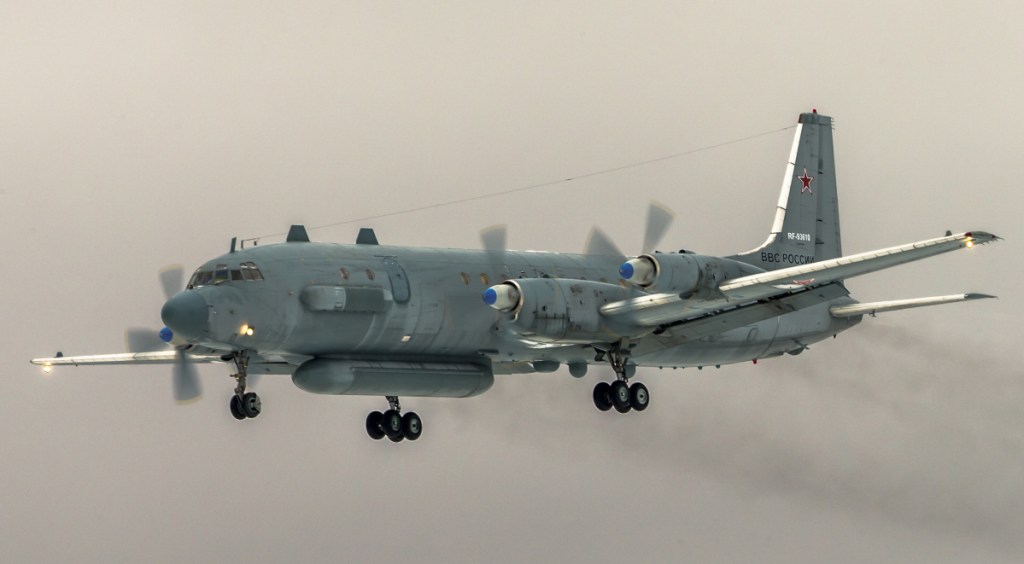BEIRUT — Both Syria’s government and its opposition welcomed a Turkey-Russia deal declaring a de-militarized zone around the major rebel stronghold Idlib, saying Tuesday the agreement stemmed more bloodshed.
Still, the government vowed it will keep up its campaign against “terrorism,” either militarily or with reconciliation deals.
Syria’s armed opposition said the Idlib arrangement is a victory for its resistance and will improve its standing after crushing military defeats in recent months elsewhere in the country.
“It will revive the revolutionary spirit,” said Alaa Moadamani, a fighter who moved from the Damascus suburb of Daraya in 2016 and has settled in Idlib after an evacuation deal.
Idlib is home to 3 million residents and around 60,000 fighters, including some of the world’s most radical. Some estimates put the number of radical fighters at about 10,000 who are in control of nearly 70 percent of the enclave. The deal aims to end their presence in Idlib.
Some of the militants called supporters of the deal “traitors,” warning that it is likely to end with indiscriminate violence.
Such divergent views presaged the challenges that lie ahead in implementing the first-of-its-kind deal. Already, details coming out of Damascus and Ankara appeared to differ, raising concerns about how it would be implemented.
Meanwhile, a Russian reconnaissance aircraft was shot down Tuesday by Syrian forces responding to an Israeli airstrike, killing all 15 people aboard, in what President Vladimir Putin said Tuesday was “a chain of tragic accidental circumstances.” The downing of the Il-20 highlighted the dangers posed by the conflicting interests of various powers in the crowded skies over Syria and threatened the close security ties between Russia and Israel.
In an effort to maintain that relationship, Israeli Prime Minister Benjamin Netanyahu called Putin to express sorrow over the death of the plane’s crew, blamed the plane’s loss squarely on Syria and offered to send Israel’s air force chief to Moscow to share information about the incident.
On Monday, Putin said the demilitarized zone is to be established by Oct. 15 and be 9 to 12 miles deep to separate Syrian forces and the rebels, with radical groups withdrawn from the area. The zone will have troops from Russia and NATO-member Turkey conducting coordinated patrols to monitor the demilitarization and restore traffic to the highway linking major Syrian cities that passes through Idlib.
The opposition fighters are to give up their heavy weapons, mortars and tanks by Oct. 10, Putin said.
Idlib is the last rebel-held corner of Syria, although foreign troops and local proxies remain in areas adjacent to Idlib and the country’s east.
The Syrian Foreign Ministry said the agreement came after consultation between Damascus and Moscow, which has backed Syrian President Bashar Assad since 2015, turning the tide of the civil war his forces were struggling to win. It said the agreement reached in Sochi, Russia, is bound by a timetable that must be respected, calling it a continuation of previous de-escalation zones.
Russia, Turkey and Iran have declared four de-escalation zones around Syria since last year, all of them but Idlib ended in a military offensive and deals in which the rebels surrendered. Those who refused to accept government authority were bussed to Idlib, whose population has doubled.
A pro-Syrian government newspaper, Al-Watan, reported Tuesday that the agreement envisions three stages ending with the government’s authority restored in Idlib.
After the demilitarized zone is set up and the rebels lay down their arms, the paper reported, a third stage will see government institutions return to Idlib after insurgents withdraw from residential areas.
In declaring the agreement Monday, the Russian and Turkish leaders didn’t mention restoring the Syrian government’s authority in Idlib. Such a proposition threatens to undermine the agreement, which was put in place in the absence of a political solution.
Send questions/comments to the editors.


